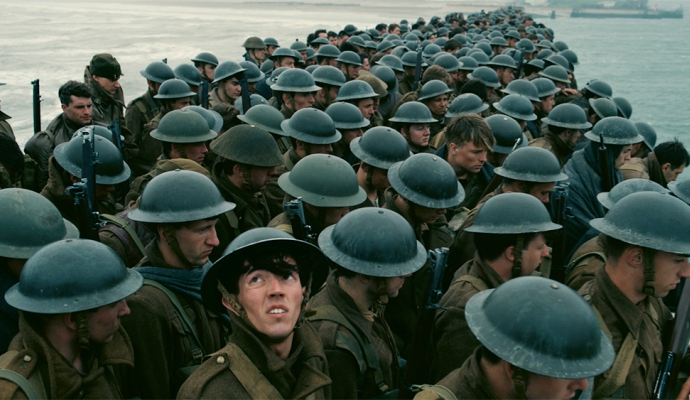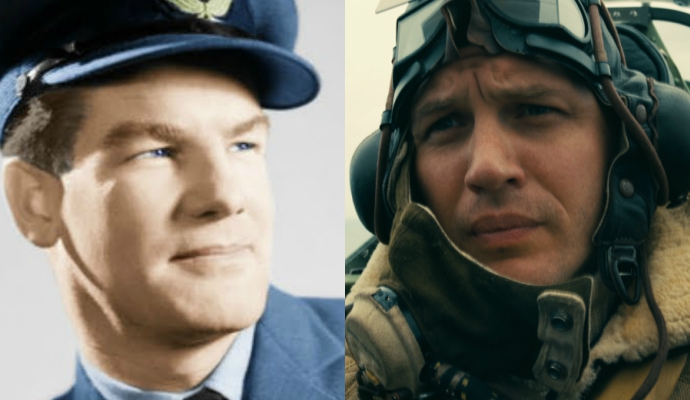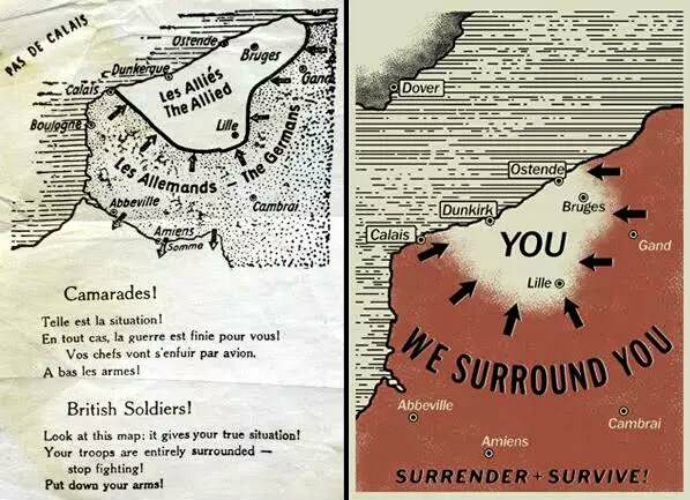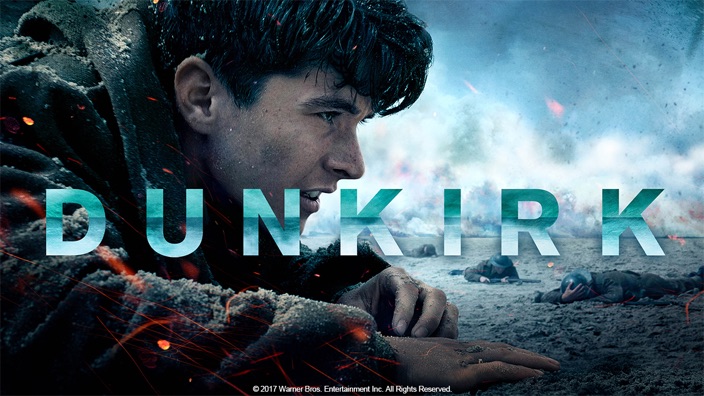Christopher Nolan has never strayed far from surrealism. In fact, his name has become quite synonymous with reality-defying scenes and superhero themes. However, in the latest Dunkirk, he trades in his usual cape crusading and exchanges it for something as equally intriguing – war.

While talks of war films usually evoke memories of those that have come to be known as classics, such as Saving Private Ryan and Apocalypse Now, Dunkirk still manages to carve out a place in history that is all its own. And this has to do mainly with Nolan's unmatched ability to make his films unmistakably his.

What makes Dunkirk so unique is that it focuses on the actual events of the war instead of its participants. In lieu of character backstories, we are instead taken from one place to another as each incredible stage unfolds. While the conclusion is cohesive, the settings remain distinct.
This isn't to say that the cast did not complement the film perfectly. On the contrary, Dunkirk contains a fantastic mix of both new and more established actors who were critical to the visual storytelling: Fionn Whitehead, Harry Styles, and Tom Glynn-Carey worked well alongside Mark Rylance and the incomparable Tom Hardy. As always Hardy gives a captivating performance. It's no wonder that he has come to be known as somewhat of a chameleon – able to move and adapt effortlessly, no matter the role. His scenes in Dunkirk were fraught with tension and emotion, specifically towards the end.

If I were to name the main character for this film, it would be time itself. The storyline weaves between three different timelines. And as the film progresses, these timelines only become more stringent. And as the tension continues to build, so does the number of cuts. And with every cut, the soundtrack increases in its tension. And at the end of the movie, with the roll of the credits, we come to realise that it is only in this moment that we can fully appreciate what we've just witnessed on screen.
The Real Dunkirk?
The great success of Dunkirk continues to baffle moviegoers. To his own word, Nolan didn't adhere to facts while writing Dunkirk's script. He believes in the concept of “Ecstatic Truth” where fiction is used to tell truth about a historical event.

Was Tom Hardy Based on a Real Individual?
For instance, Tom Hardy was never an actual RAF officer but rather, his character loosely relates to Alan Christopher Deere who did the manoeuvres close to those done by Hardy himself in the movie.

Commander Bolton
Commander Bolton (played by Kenneth Branagh) is one of a fistful of characters in Dunkirk that are based on real people. The character was inspired by Captain William Tennant who actually appeared on the scene and got credits for the remarkable job for contributing to the embarkation. When HMS Repulse was sunk, he was deployed to Singapore where he fought the Japanese. He survived to help in organising the daring D-Day landings.

Germany Could Have Won WW 2 Had the Dunkirk Evacuation Failed

Germany actually stood a chance of winning considering the fact that they destroyed over 200 allied ships and 177 aircraft alongside 3 French and 6 British destroyers.
Furthermore, Dunkirk was surrounded by German troops in the hinterland while the RAF – one of the strongest air force in the Allied – was involved in a fierce dogfight deep in the sea. A failed evacuation of Allied troops from Dunkirk could have meant a Germany victory.






